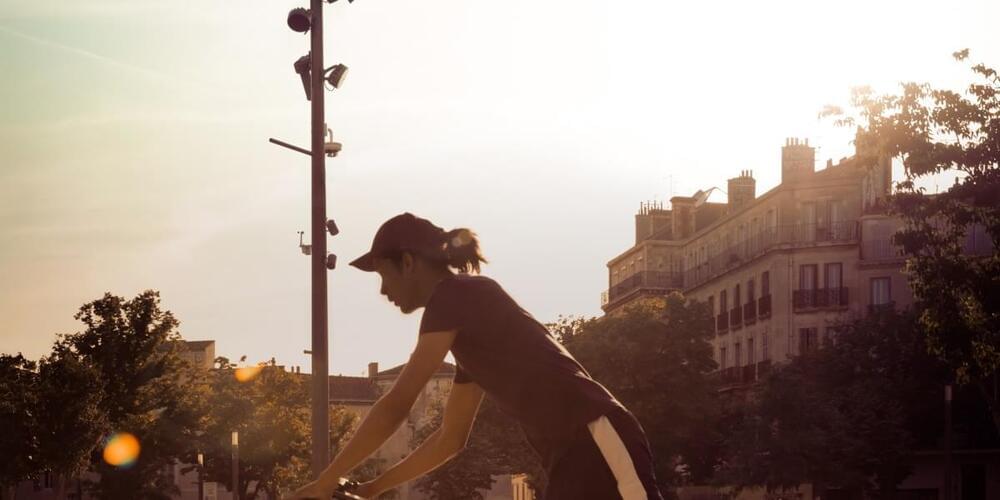A network of 1,600 video cameras surveils Marseille residents in the name of public safety, but this type of policing tool is rarely useful in solving crimes. Digital rights activists are fighting back.
For Nano the creep of increased surveillance has personal resonance. She grew up in Albania as it lurched between different political regimes in the 1990s. Her father, a politician, opposed the party that was in power for part of that time. “It was a very difficult period for us, because we were all being watched,” she says. Her family suspected that the authorities had installed bugs in the walls of their home. But even in France, freedoms are fragile. “These past five years France has lived for much of the time in a state of emergency,” she says. “I’ve seen more and more constraints put on our liberty.”
Concerns have been raised throughout the country. But the surveillance rollout has met special resistance in Marseille, France’s second-biggest city. The boisterous, rebellious Mediterranean town sits on some of the fault lines that run through modern France. Known for hip bars, artist studios, and startup hubs, it is also notorious for drugs, poverty, and criminal activity. It has one of the most ethnically diverse populations in Europe but is stranded in Provence-Alpes-Côte d’Azur, a region that leans far right. The city pushes back. Its attitude could be summed up by graffiti you might pass as you drive in on the A7 motorway: “La vie est (re)belle.”
